So you’re considering a career in nursing but you’ve got some questions that remain unanswered. What options are available outside of caring for patients? Can you specialise in a certain field of nursing? How much money can I earn if I’m really good at my job? This post explores what a nurse’s career looks like and the multitude of job opportunities available if and when you feel like a change.
Australian Nursing Workforce - What does it look like?
Before you launch into buying a new laptop and nursing shoes (which can be claimed at tax time as a work expense), it’s interesting to take a look at a few statistics regarding the nursing workforce.
According to the Australian Institue of Health and Welfare, in 2015 there were over 360,000 nurses and midwives registered in Australia and of this total, over 305,000 were employed in nursing or midwifery. Among these, most worked an average of 33.5 hours per week. (1)
It may come as no surprise that most of these nurses were female, though 2 out of 5 were aged 50 or over with the average age being 44 years old.
Though most do join the nursing workforce in their 20’s after finishing high school, there is no “right time” to become a nurse. There are certainly options available later in life after pursuing other avenues. The nursing workforce needs a vast range of nurses with varying levels of life experience to provide the best, unique patient care, so don’t ever think you have missed the boat!
How much can I earn as a Nurse?
If we talk firstly about nurses working in the public sector, it’s similar to teachers in that your wage is based on years of service and experience - up to a maximum amount.
For the first 10 years, a nurses rate of pay will continue to increase until it reaches a plateau. A nurse with 10 years experience or more can earn extra money however through study, working alternative shifts such as pm or night shifts or if there are government legislative changes. They could also work multiple jobs for extra cash, such as picking up agency shifts (VNS are a great choice!).
On the other hand, if you work in the private system, the rules are a little different. Private health institutions are independently owned and operated but regulated and licensed by the government. (2)
For a nurse, albeit the difference in pay is possible, it is typically minimal. Actually, you might get more excited about the varying levels in communication chains and the nurse to patient ratio.
So in regards to wages, can you happily work as a nurse without completing any extra study and still receive a respectable income? You bet.
Nursing is completely flexible
Unlike traditional jobs, nursing is very flexible and can be easily altered to suit your lifestyle and other commitments.
You can work full time, part-time, casually with a nurse bank and / or agency or organise yourself a fixed-term contract.
One of the other perks of nursing is shift work. Though some would disagree as it is “unnatural”, shift work allows you to visit the supermarket and complete your jobs away from the hustle and bustle of peak hour. It also gives parents the opportunity to balance their schedule, school and a partner/spouse who may work traditional hours. Though shift work may seem intimidating, there is a silver lining if you look for it.
Nursing Career Opportunities
It wasn’t until I started working as a registered nurse in my graduate year that I began to appreciate the wide and vastly different career options available.
With a nursing degree, there is never a dull moment. Explore the list below to see where a degree in nursing can take you.
Royal Flying Doctor service - Nurse
Certified Dialysis Nurse
Intensive Care
Emergency
GP Clinic / Family Nurse Practitioner
Nurse Case Manager
Nursing on a cruise ship
Rural and remote community nursing
Legal Nurse Consultant
Nurse Midwife
Nurse Anesthetist
Nurse Unit Manager
Nurse Practitioner
Nurse Advocate
Pain Management Nurse
Psychiatric Nurse
Endocrinology Pediatric Nurse
Diabetes lesion nurse
Stomal therapy nurse
I could go on and on.
Though everyone must hold a Bachelor’s of Nursing in Australia, there is the ability to specialise in an area of interest. Extra qualifications typically take you upwards of 6 months to achieve, but can be very rewarding at the end.
The beauty about nursing is that you can often study and work simultaneously. You can alter your shifts and roster to suit your family, study and other commitments unlike those who work a 9-5 job.
I should flag though, we often joke in nursing that the more study you complete, the further away you get from the patient.
Just think about it.
You study a Masters in Nursing Practice and suddenly you’re a Nurse Unit Manager, who doesn’t have a direct patient load.
This is why nurses need to really consider what they want out of extra study and where they want their nursing to go. Don’t rush such a decision. Be sure you know what makes you happy with the profession.
In summary, nursing is an exciting career with endless room for growth and new opportunities. We will always be in demand. Regardless of sex and age, there is a place in the nursing profession for you.
Cheers,
Emma
www.theothershift.com
More articles





